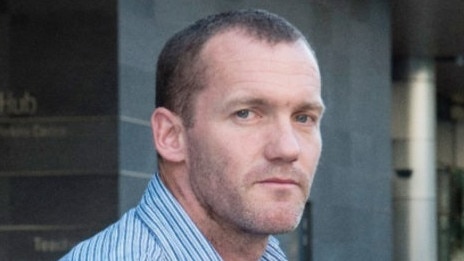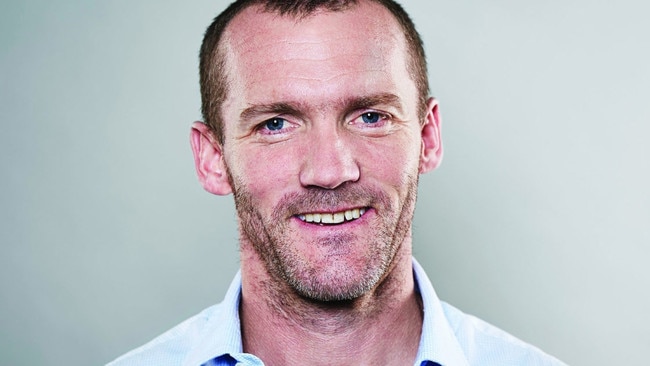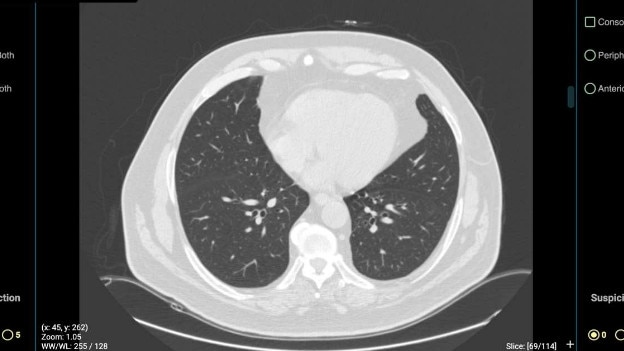Stuart Grieve: How a former Knox student could help with fight against COVID-19
A leading academic professor of radiology and former Knox Grammar student says he has found a way to detect the coronavirus before it progresses and reveals how his research can help with vaccine trials.

Hornsby
Don't miss out on the headlines from Hornsby. Followed categories will be added to My News.
- Hornsby’s most congested areas revealed as council plans released.
- Uniting seniors tower Epping: Oxford Street DA decision made.
A former Knox Grammar student from North Sydney is working on groundbreaking medical research which could help in the world’s fight against COVID-19.
University of Sydney Professor and radiology specialist at the RPA and SAN, Stuart Grieve, said he has found a way to detect the virus and see how it will affect a patient before it progresses.
“We’re finding ways to quantitavely and accurately measure the severity of COVID-19 and predict in each patient whether we thought it was going to progress or if it presents as lower risk,” Prof Grieve said.

“We’re imaging specialists and build models around trying to understand images better and genetics.
“The idea is to make it available to other researchers in a safe, compliant format and use the various techniques we have available to enhance the data. The reason we want to do that is to support clinical trials.”
Prof Grieve revealed CT imaging could also help advance vaccine trials, which could save time and money.
“We’re not sure when COVID-19 will end. The only way we can get back to a normal life is having a vaccine. When you run a vaccine trial you need to recruit 10,000 people and that’s expensive and it takes a lot of time.
“What we’ve done is develop a way of accurately measuring where it is in an individual patient and we do that with imaging, imaging the lungs so we can see the disease.

“It will be 10 times quicker or 10 times less expensive to test the drug. What the world is hoping is the development of four, five or six viable therapies. If we can help a little bit that would be an exciting contribution.”
The project called CovED is a partnership between Sydney University and DetectED-X.
“We’re focusing on delivering and we’re looking to start to partner with people. The Technology is quite mature now so we’re pretty excited to see how we can get it out there at scale.”
When Prof Grieve is not working on CovED, he said his focus is brain imaging and cardiovascular work.
“People who have concussion are at risk of depression and there’s a known link between concussion and sporting injuries and early on set dementia. That’s what gets me out of bed in the morning.
“The problem is by the time you have the diagnosis you already have the condition What we’d like is to diagnosis it really early.
“At the SAN we’re trying to predict how bad concussion is at a microscopic scale. We can see if they have damage to the brain networks.
“We’ve done work on the Wallabies and done brain imaging on them, and have imaged a cohort of cyclists and one of the A-league teams so we’re pretty busy.”
Prof Grieve attended prestigious upper north shore Knox Grammar where he was a border and graduated in 1991. He went onto study at Oxford and has continued competing in sports throughout his life, with interests in swimming, rowing and cycling.
He is living in North Sydney with his wife, a Cardiologist at Royal North Shore Hospital, and their two children.
